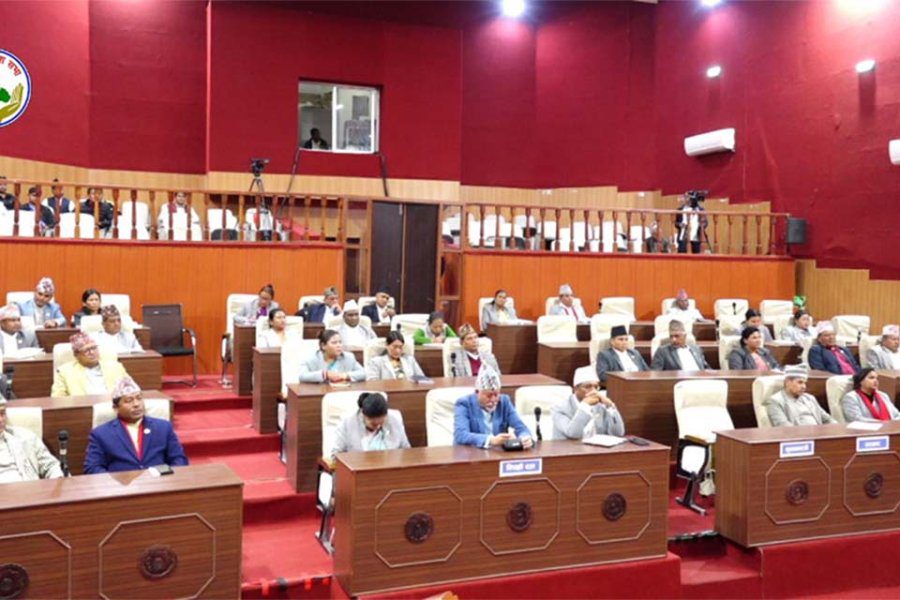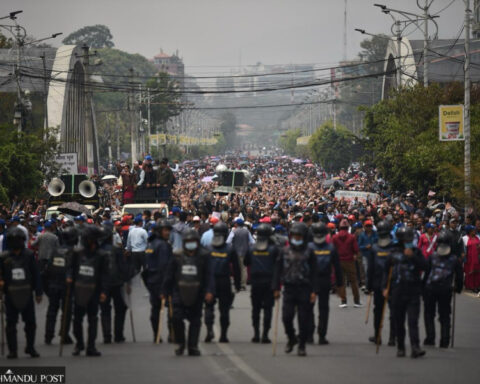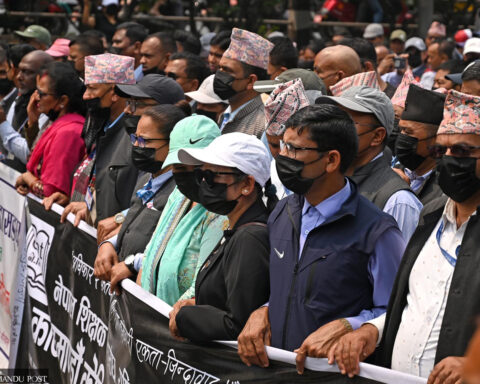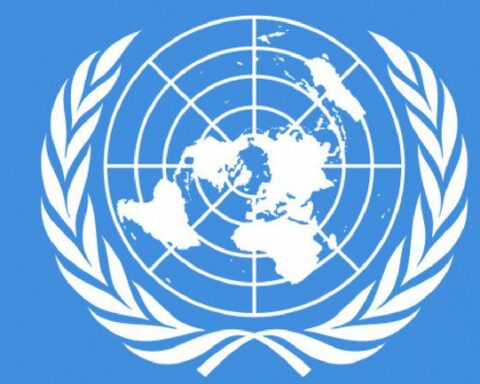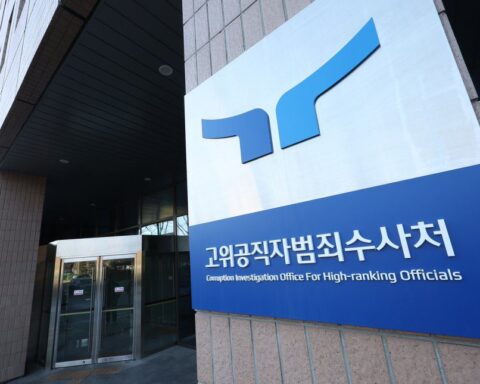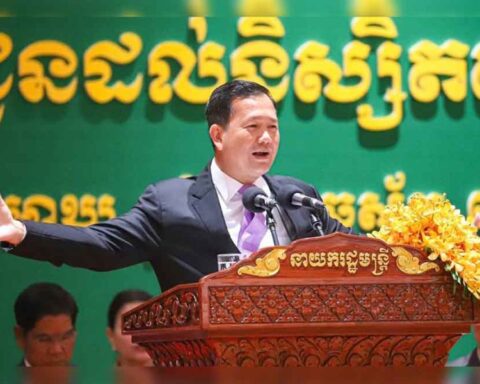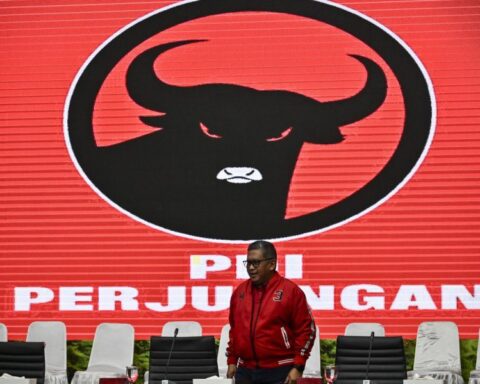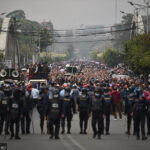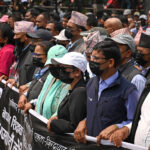kathmandu – Parliamentary committees of provincial assemblies are crucial for strengthening federalism in Nepal. These committees work to hold provincial governments to account. Committees can continue their work even when Parliament is not in session. Since provincial assemblies are unable to manage all tasks, these committees with various thematic jurisdictions and expertise often work beyond partisan interests to save assembly time; they streamline work and conduct various studies. Article 193 of Nepal’s Constitution stipulates that “the National Parliament may establish committees or special committees in accordance with regulations when necessary to manage its work procedures.” Therefore, each province has a different number of subject areas.
However, the functioning of these committees has been weakened in some provinces. In Karnali, three of the four parliamentary committees – Finance and Natural Resources, Public Accounts and Social Development – currently have no chairs. While the first committee has been without a chair since April this year, the latter two committees have been vacant for three months. Chronic leadership vacuums on key committees are common in other provinces. Since the first meeting of the second term of the Bagmati Provincial Council in January 2023, Bagmati’s five committees have been in limbo without a chairperson for more than a year. of parliament.
In the absence of the heads of these important provincial parliamentary committees, it is difficult to hold the provincial government accountable. These governments have failed in terms of governance, budget execution and the allocation of roles to provincial councils. Passage of important bills has also been hampered. Four key bills are stalled in various committees in Karnali. Meetings to facilitate dialogue between MPs and ministers have yet to take place. Moreover, the provincial government took advantage of the commission’s inefficiency and lack of oversight to bypass necessary checks and balances and act arbitrarily.
This, in turn, has exacerbated the plight of Karnali, a geographically remote and severely underdeveloped region in western Nepal. The inaction of the Social Development Council is particularly worrying in a province where basic social indicators such as health and literacy lag far behind the national average. As the Commission also deals with the Ministries of Land Management, Agriculture and Cooperatives, Labor and Social Justice and the Human Rights Commission, work related to these areas is also affected. Although the province is rich in natural resources, its potential remains untapped. The lack of development activities, especially road-related infrastructure, affects the tourism prospects of the province. The inaction of the Finance and Natural Resources Committee is therefore troubling. More worryingly, another leaderless committee charged with overseeing fiscal discipline in the province, the Public Accounts Committee, may not be able to monitor corrupt activity.
Provincial governments are considered important drivers of local development and accountability, but they often become battlegrounds for political manipulation. Therefore, as happened in the past in Bagmati, appointments to leadership positions in these committees are deliberately delayed by political parties. Although Karnali’s assembly regulations allow the eldest member of the assembly committee to serve as interim chairman, this provision was not invoked. Political parties would be wise to appoint chairpersons immediately to stem the erosion of public trust in provincial governments – unless that is their intention.


